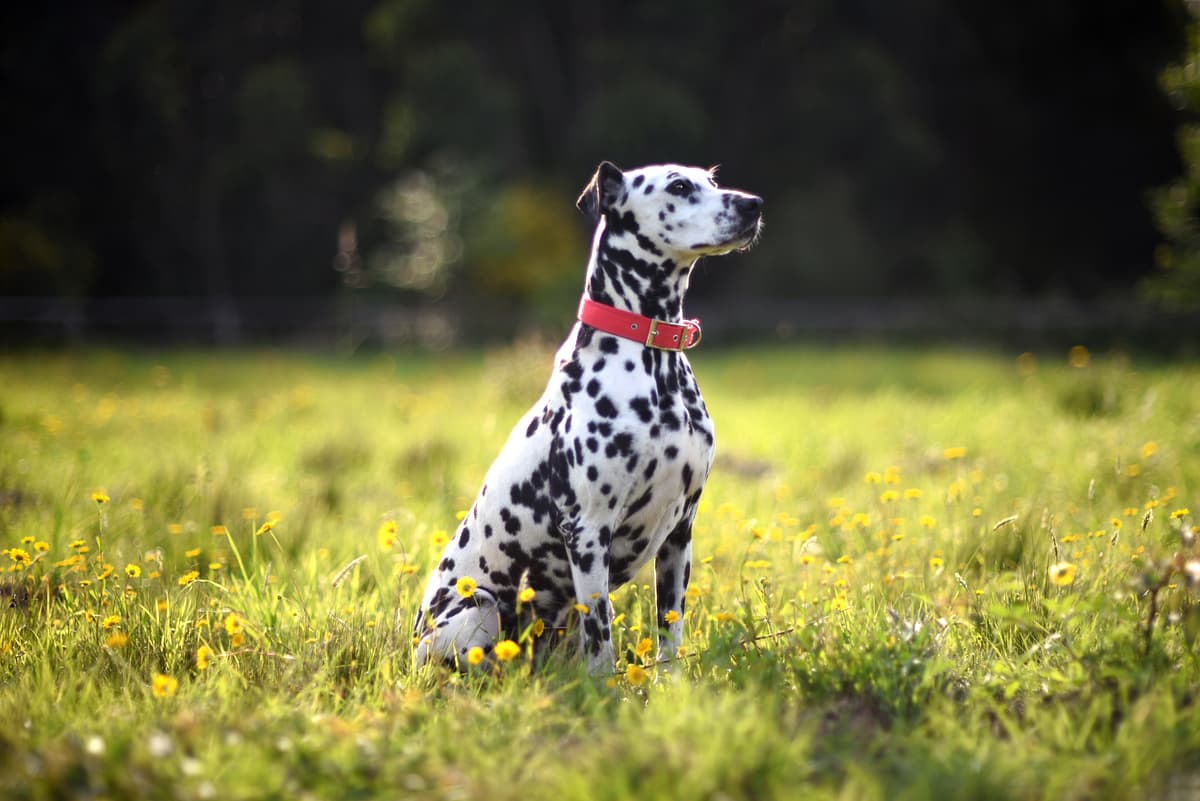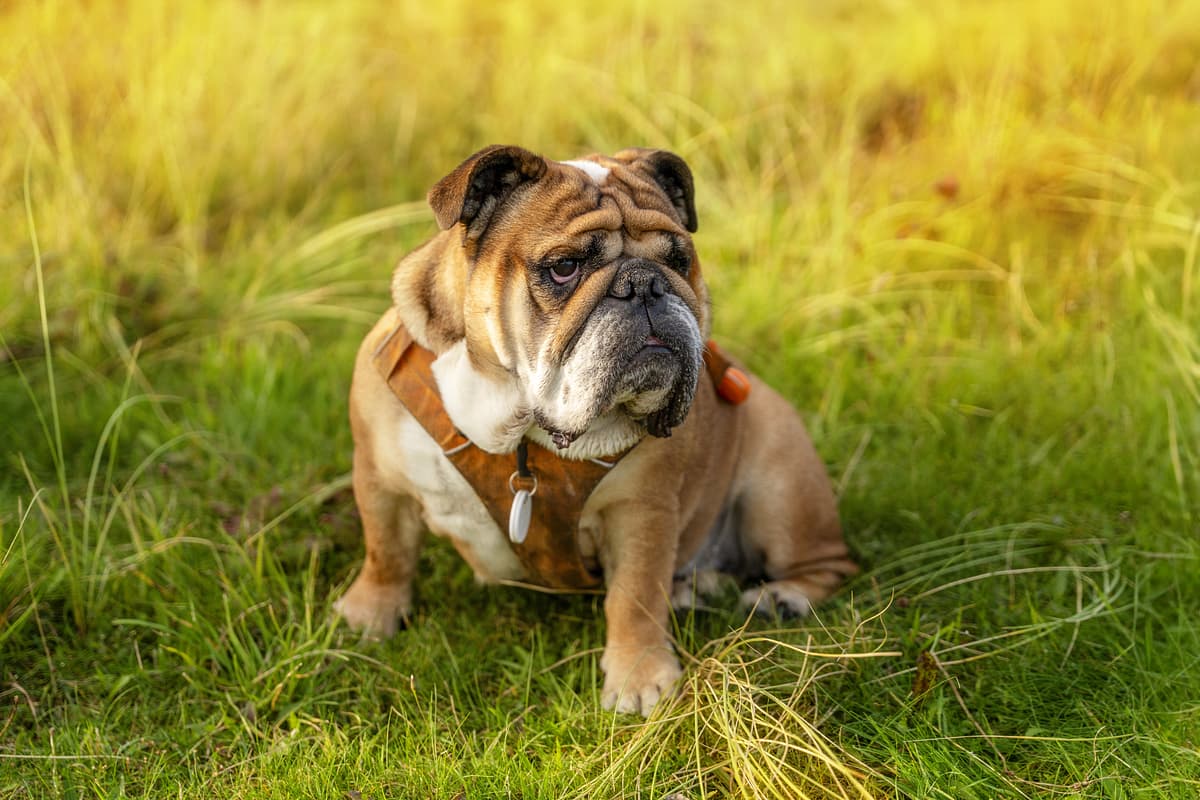Dalmatian vs English Bulldog
Discover the differences between Dalmatian and English Bulldog to make the best choice for your situation.
Try different breeds

Dalmatian
Distinctive spots and high energy make this outgoing breed unforgettable. Loyal and spirited, a Dalmatian thrives as an active companion and family friend.

English Bulldog
Stocky, courageous, and affectionate, this breed charms with its wrinkled face and calm nature. Loyal and gentle, it thrives as a loving family companion.
Quick comparison
Medium
27–32 kg
Short, dense
11–13 years
24–29 kg
High energy
Medium
23–25 kg
Short, smooth
8–10 years
18–23 kg
Low activity needs
Personality & behavior
Compare the personality traits and behavioral characteristics of both breeds.
Dalmatian
Outgoing with people and other pets
Quick learner who enjoys mental challenges
Needs vigorous daily activity and exercise
Loves interactive games and family fun
May struggle with major changes in routine
English Bulldog
Affectionate and gentle with family and children
Learns basic commands with some patience
Prefers lounging over vigorous physical activity
Enjoys play but tires fairly quickly
Adjusts well to most living environments
Care needs
Exercise, grooming, and daily care requirements
Dalmatian
Deafness, urinary stones
English Bulldog
Brachycephalic syndrome, skin fold infections
Suitability
How well each breed fits different living situations and families
Dalmatian
Needs experience
Dalmatians require consistent training and can be stubborn for novice owners
Not ideal
High energy and vocal nature make them challenging for apartment life
Perfect fit
Their stamina and enthusiasm suit very active families or individuals
Playful companion
Friendly but may be too boisterous for small children without supervision
Mixed results
May get along with other pets if socialized early, but strong prey drive exists
Prone to anxiety
They dislike being left alone and may develop destructive behaviors
English Bulldog
Good option
Easygoing, low-maintenance nature suits owners with limited dog experience
Excellent fit
Moderate exercise needs and calm demeanor work well in small living spaces
Not ideal
Low stamina and breathing issues make them unsuited for high-activity lifestyles
Very suitable
Gentle, patient, and tolerant with young children when properly socialized
Usually compatible
Generally sociable but may need guidance with other pets, especially dogs
Not recommended
They struggle with long periods alone and are prone to separation anxiety
Breed strengths
What each breed excels at and their best qualities
Dalmatian
- High endurance and athleticism
- Loyal and devoted to family
- Strong watchdog instincts
- Intelligent and quick to learn
- Distinctive and attractive coat pattern
English Bulldog
- Affectionate with family members
- Generally good with children
- Low exercise requirements
- Minimal grooming needs
- Adaptable to apartment living
Challenges & considerations
Potential challenges and considerations for each breed
Dalmatian
- Prone to deafness and urinary stones
- Can be overly energetic indoors
- Needs extensive daily exercise
- May be reserved with strangers
- Tendency toward stubborn or independent behavior
English Bulldog
- Prone to respiratory problems
- High risk of overheating
- Susceptible to skin infections
- Can be stubborn during training
- Tends to drool frequently
Ready to choose your perfect breed?
Learn more about each breed or compare other breeds to find the perfect match for your lifestyle.
Discover more helpful tools
Make use of our other free tools to get the most out of your pet experience
